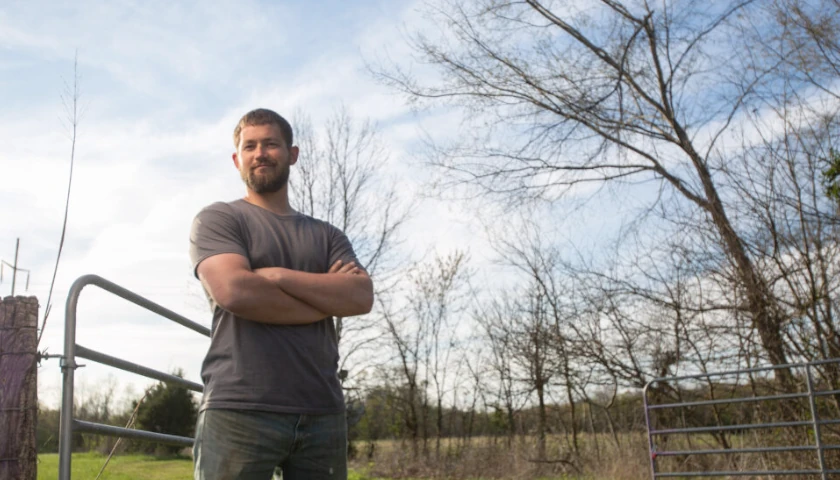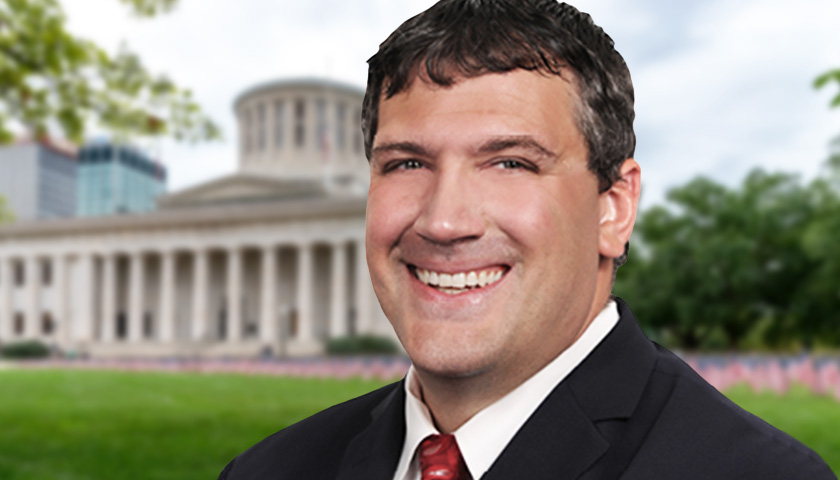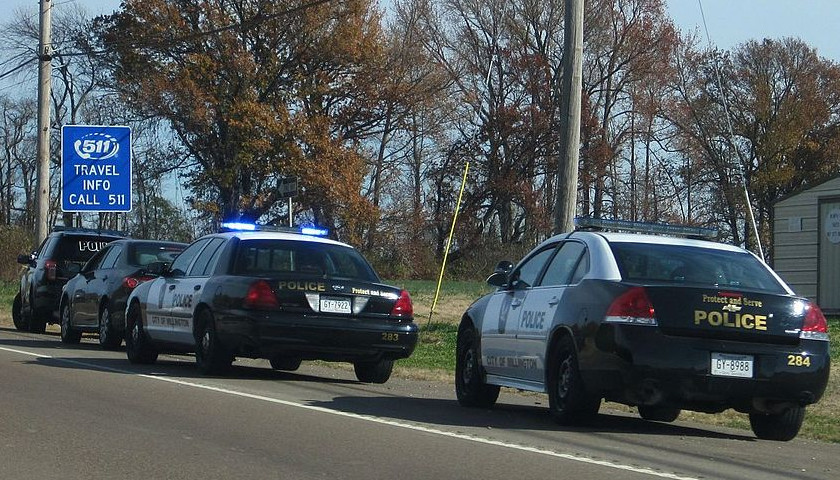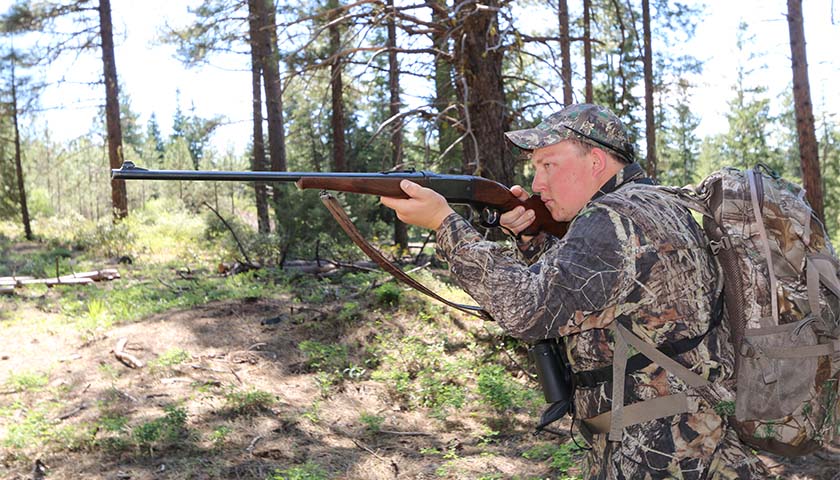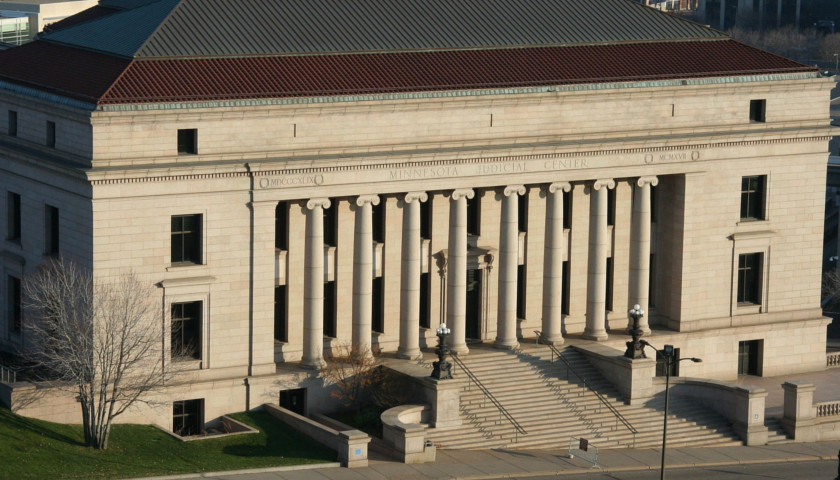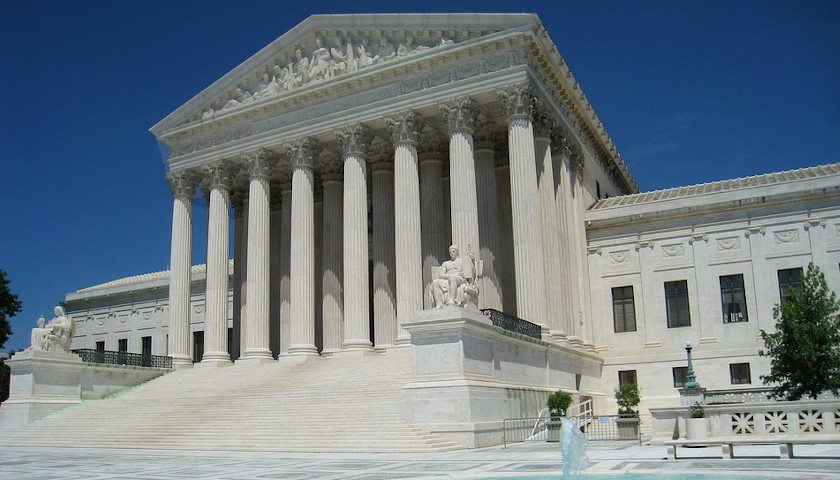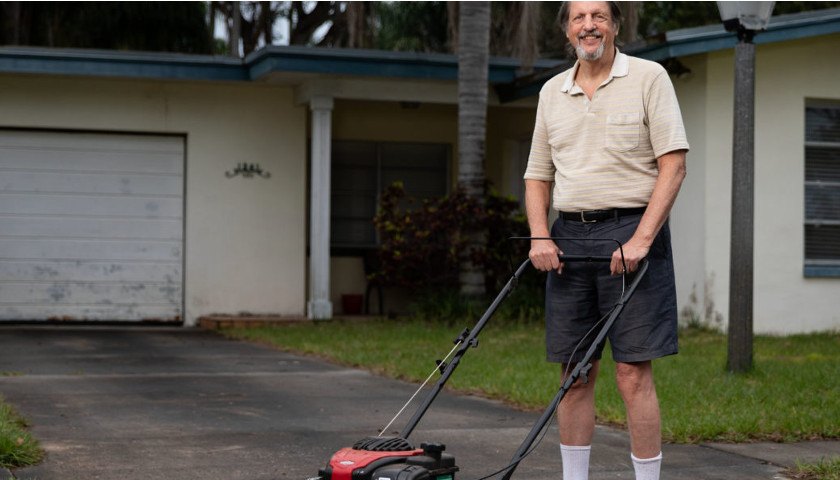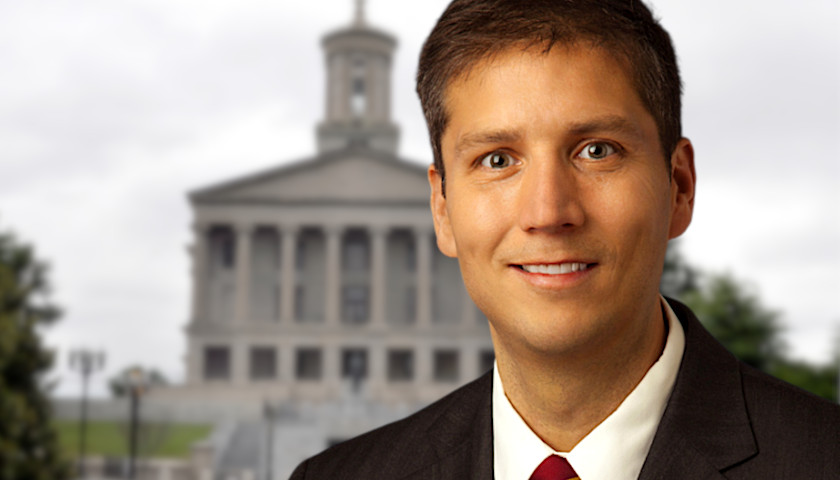The Georgia Public Service Commission could soon decide whether a railroad can seize private land for a proposed 4.5-mile-long spur after hearing oral arguments in the case on Tuesday.
The Sandersville Railroad, a Class III short-line railroad, initially petitioned the PSC in March 2023 to condemn land for the spur and subsequently moved to condemn additional land. The railroad’s existing tracks are about 25 miles from Sparta, and the spur would connect a rock quarry southeast of the city with a CSX Transportation rail line but not existing Sandersville Railroad tracks.
Read the full story

